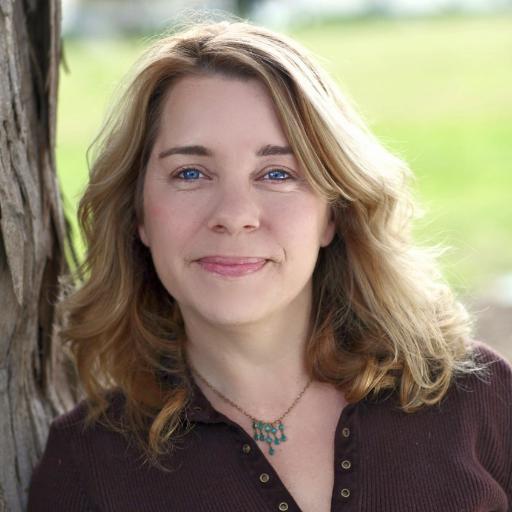 Decades of research have examined anomalies which challenge a one-way street interpretation of the nature of reality (in which matter gives rise to consciousness), in favour of a more subtle, conditional, and contingent interplay between the material and immaterial aspects of existence. But how shall we bridge between the past and the future of consciousness research? How do we inspire a younger generation of researchers to be bold, and to also continue to build what hard-won credibility has been painstakingly built over time for the field of parapsychology? What doors can new technologies such as virtual reality, mobile devices, and big data open for the field of consciousness research? And what is the relevance of this research in today’s society? Join Cassandra Vieten, President of the Institute of Noetic Sciences to explore the future of consciousness research.
Decades of research have examined anomalies which challenge a one-way street interpretation of the nature of reality (in which matter gives rise to consciousness), in favour of a more subtle, conditional, and contingent interplay between the material and immaterial aspects of existence. But how shall we bridge between the past and the future of consciousness research? How do we inspire a younger generation of researchers to be bold, and to also continue to build what hard-won credibility has been painstakingly built over time for the field of parapsychology? What doors can new technologies such as virtual reality, mobile devices, and big data open for the field of consciousness research? And what is the relevance of this research in today’s society? Join Cassandra Vieten, President of the Institute of Noetic Sciences to explore the future of consciousness research.
Cassandra Vieten, PhD is President of the Institute of Noetic Sciences, Scientist at California Pacific Medical Center’s Mind-Body Medicine Research Group. She is a psychologist, scientist, author, and international workshop leader and public speaker who, for over 20 years, has been studying how people transform their way of looking at the world. Her primary interest lies in how psychology, biology, and spirituality interact to affect experience and behaviour. Funded by the National Institutes of Health, the State of California, and several private donors and foundations, her research has focused on spirituality and health; development and pilot testing of mindfulness-based approaches to cultivating emotional balance; and factors, experiences, and practices involved in psychospiritual transformation to a more meaningful, compassionate, and service-oriented way of life.
She is author of three books, including Living Deeply: The Art and Science of Transformation in Everyday Life and Spiritual and Religious Competencies in Clinical Practice: Guidelines for Psychologists and Mental Health Professionals. Her current projects focus on spirituality in mental health care, extraordinary experiences during or as a result of meditation, and using cognitive, social, and transformation science to make change agents more effective.
